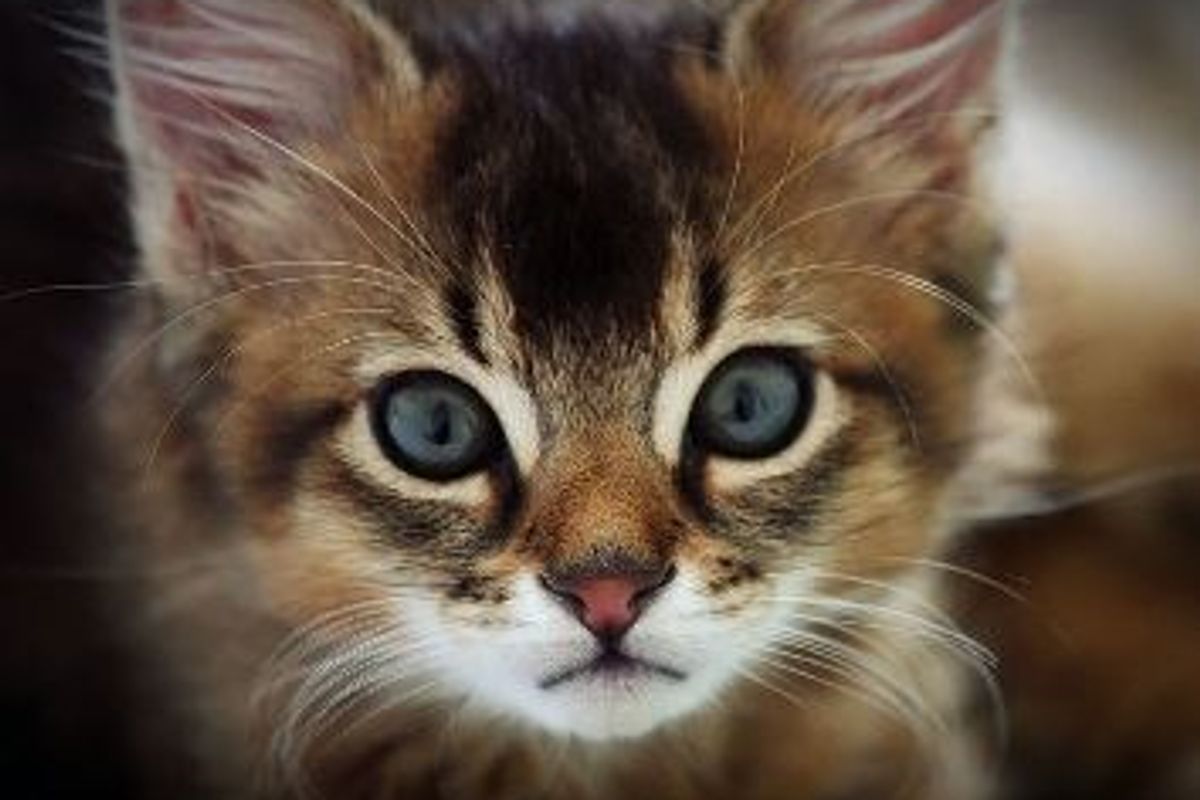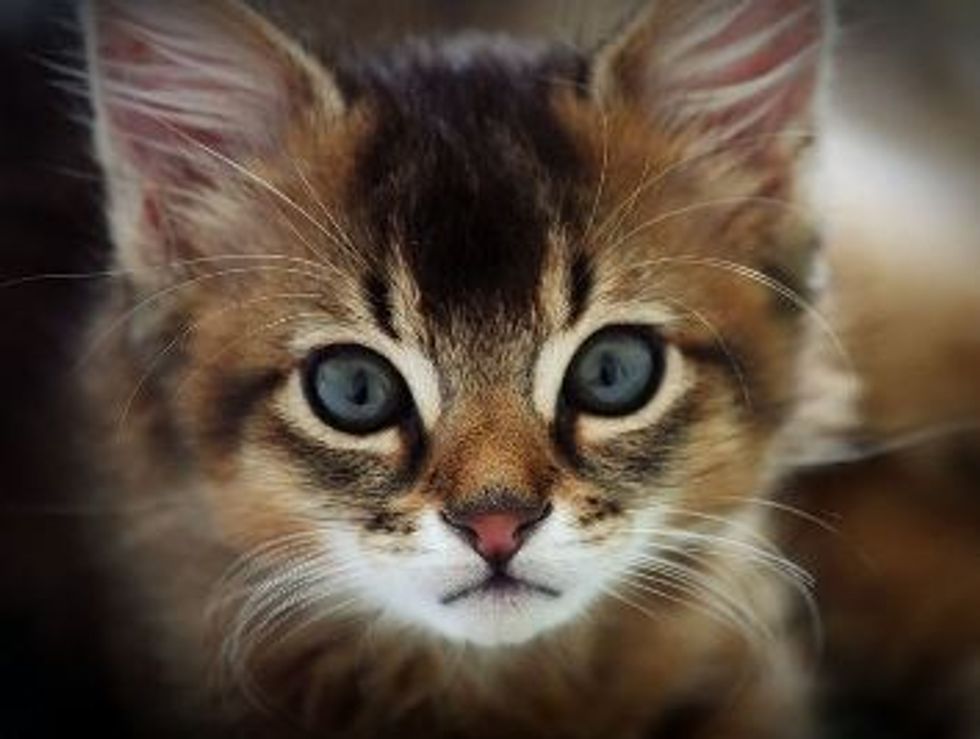When you spot your fluffy chewing on furniture or your favorite shoe, don't panic. The first thing we want to find out is the cause of this destructive chewing behavior:
- Kittens often start teething around 3 to 6 months of age.
- Some cats' chewing behavior is a result of boredom.
- If you recently brought in a new piece of furniture, chewing could occur due to their curiosity.
- When cats are surprised or startled, they could also develop a chewing habit
- If certain nutrient is lacking in a cat's body, they could chew on things they think might supply them the proper nutrients they need.
Chewing furniture, your favorite clothing or shoes can be a hassle to you, but if your cats start chewing electric cords, it can pose potential danger to them. The reason cats are persistent about going back to the same object to satiate their chewing urges is because it provides the pleasure they need. If we can somehow alter the pleasure by reversing it, it can help throw off their tendency to chew on our favorite things. Another way is assist them to turn to "correct chewing".
Techniques:
- Wrap the electric chords with double-sided adhesive tape or tape around the area that is marked off-limit to your cats. Cats are not fond of walking in a sticky area or touching tacky objects.
- Cats love to attack plants, but not all of them are safe to feline creatures. Certain plants contain toxins that could endanger a cat's health. For your cat's safety, it is wise to keep those plants away from them. The most common indoor plants that are poisonous to cats are: Amaryllis, Azalea, Cactus, Caladium, Creeping Charlie, Easter Lily, Dieffenbachia, Ivy, Mistletoe, Philodendron, and Poinettia.
- Introduce correct chewing by giving your cats things that they are allowed to chew. Cardboard boxes, newspapers, or plastic drinking straws are excellent alternatives that can satisfy your cats' chewing needs. Kittens experience teething as they grow, you can choose any harmless items that have a crunchy texture to them for your kittens.
- If it is difficult to turn your cats away from the items they frequently chew on, any aversive agents such as bitter apple spray can help create a taste that is so bad to cats that they will never forget.
- A more expensive and effective way to discourage their access to your favorite items is install a Multivet SssCat Ultimate Cat Control system. The product is a bit pricey compared to the bitter apple spray, but it works wonders as a training tool. Place the system close to the "illegal" chewing item, as your cat inches closer to the proximity of the system, the sensor will pick up and spray out harmless and painless material which repels your cat away.
- If your cat has a tendency to chew on wool, it could be indicative of Obsessive Compulsive Disorders. A vet visit is highly recommended.
- Increased dietary fiber intake works for certain cats to reduce their chewing episodes where other cats may respond better to ingesting greens such as grass, sprouts, etc.
- If a cat's diet is deficient in certain nutrients, you should consult a pet nutritionist to find out more about your cat's nutritional needs.
[poll id="2"]
Sources:
https://cats.about.com/cs/behavior2/a/chewing.htm
https://cats.about.com/cs/catmanagement101/a/poisonplants.htm
https://www.vetinfo.com/catchew.html
Image by: Julia Shepeleva https://en.wikipedia.org/wiki/File:Somali_cat.jpg


